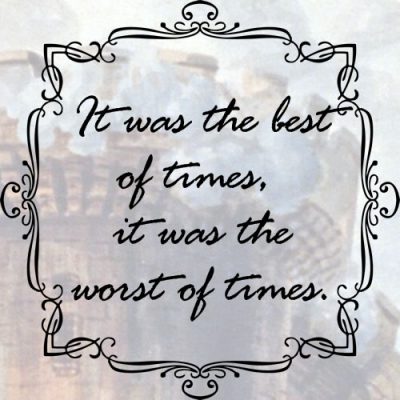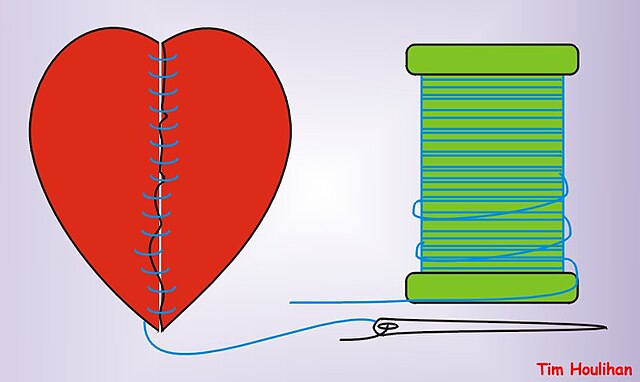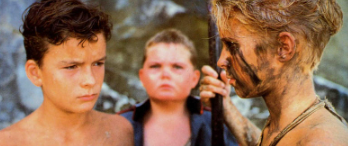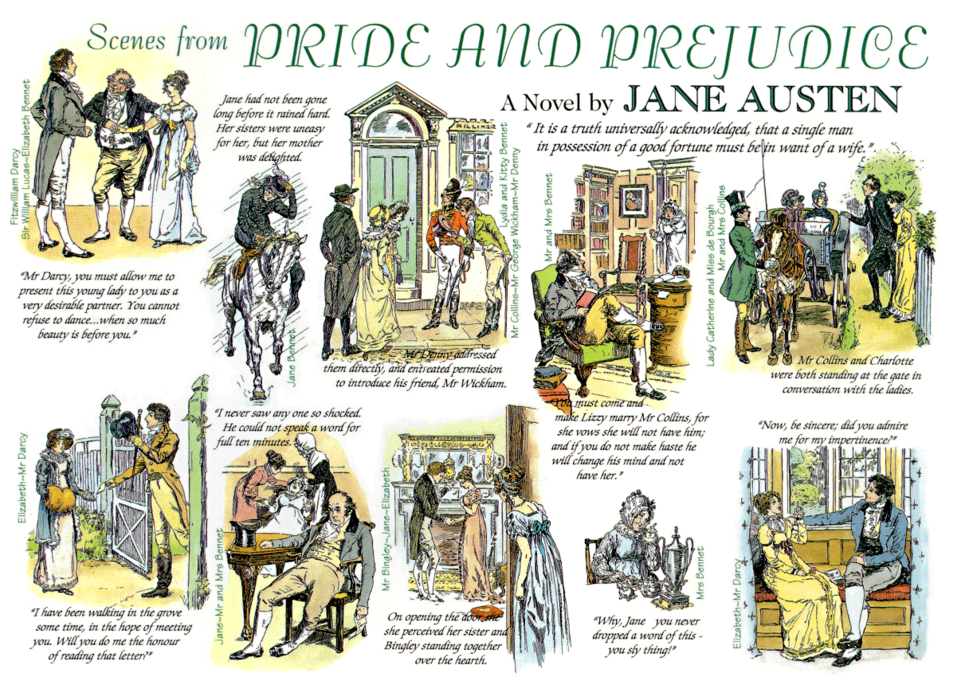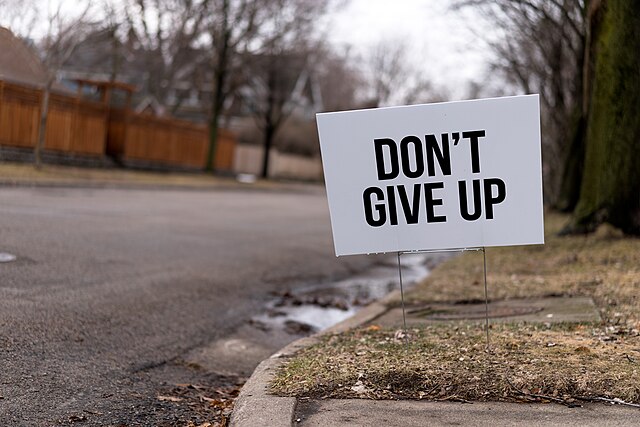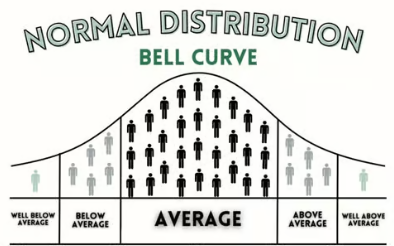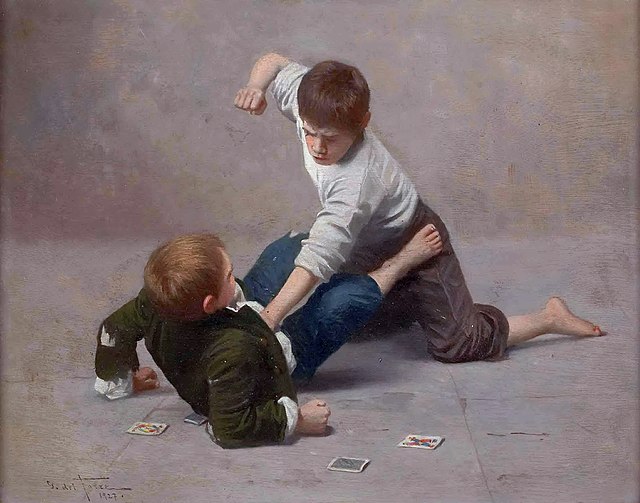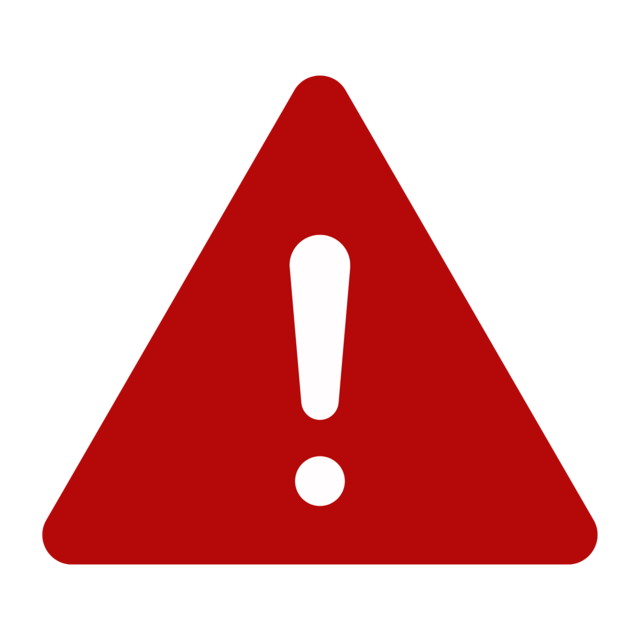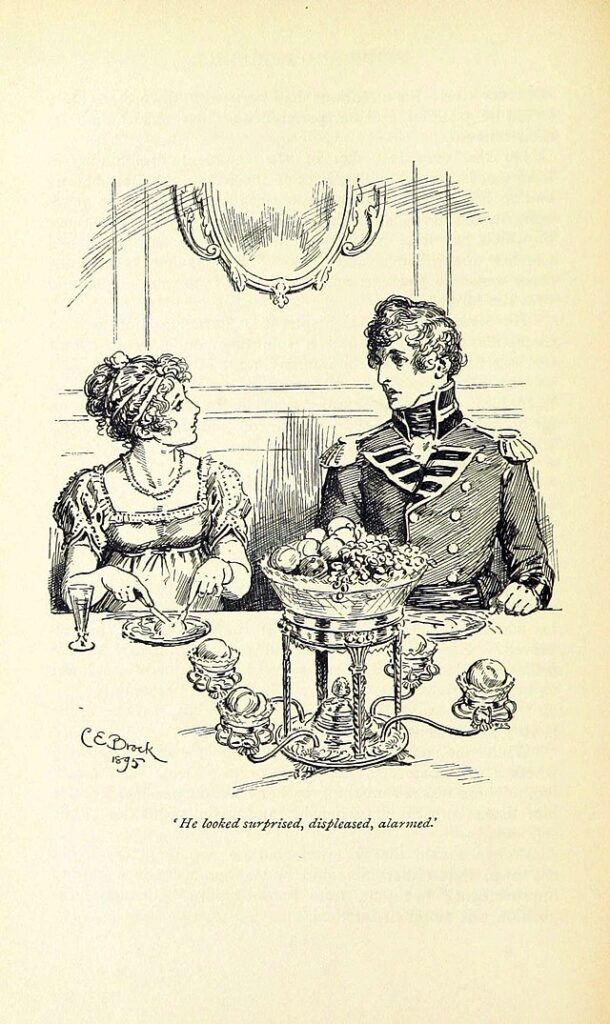Writing ‘Rules’

Don’t Start with a Character Waking Up, Looking in the Mirror, or with a Hangover
On Pop-Up Submissions, we received a lot of openings like this. Sometimes it worked, sometimes it didn’t, at least in my humble opinion. It may be a cliché, but Fifty Shades of Grey starts with Anastasia Steele looking in the mirror and it didn’t do E.L. James any harm!
Too Many Adjectives
Example: She found the gold necklace in an old, battered trunk between a silk dress and a black handbag with a dull buckle which left a shallow imprint in her finger.
Mark Twain: “When you catch an adjective, kill it.”
No Adverbs
Example: The moon shone brilliantly, rising majestically above the horizon, its glow lovingly caressing my face.
Stephen King: “The road to Hell is paved with adverbs.”
Show Don’t Tell
Anton Chekhov: “Don’t tell me the moon is shining; show me the glint of light on broken glass.”
‘Telling’ has its place but ‘showing’ adds so much depth to a description or scene. I need to remember this!
Too Much Exposition
This can especially be evident in openings. I’ve noticed it in a lot of fantasy stories in particular, where world-building up-front helps the reader to understand the setting. But how much is too much?
Clichés and Imagery
Over-use of common similes and tropes? A lack of originality? Lazy writing? Or do they have their place?
Don’t Use the Passive Voice
Example: The man was killed by the vampire.
The active voice would be: The vampire killed the man.
I think passive voice can work when used occasionally and for deliberate effect, e.g. when you want to shift the focus of the sentence, but many people say it should never be used.
Too Many Points-of-View Characters
I’ve heard three maximum advised time and time again, that too many doesn’t allow the reader to explore a character and their story in enough depth, that they can lose track of who’s who. However, when it’s done well, boy can it work!
e.g. Girl, Woman, Other and A Song of Ice and Fire.
Experience
I over-explain, I show and then tell unnecessarily, I love adverbs and adjectives, I’ve started a novel with a character looking in the mirror and one of my books has ten points of view – some of this I do consciously, some I’ve had pointed out to me. I’m constantly learning.
I’ve heard that an author needs to know the rules in order to break them, but that this must be for a reason. I wrote an experimental novel in which I wrote what and how I wanted, regardless of convention. It’s the one that got me a literary agent (but may not sell!). ‘Rules’ can be a minefield.
Final Thoughts
What’s your opinion of writing ‘rules’? Do you follow them? Why/why not?
Would you add any other rules to this list?
Structuring Scenes
How to craft scenes with purpose
I watched another excellent webinar recently. The content was helpful as both a planning tool and as an editing tool. Scene structure mimics story structure, but on a…
On The Honest Authors’ podcast, Gillian McAllister once mentioned that she was asked, “Do you really think that?” about something controversial she’d written in one of her novels….


